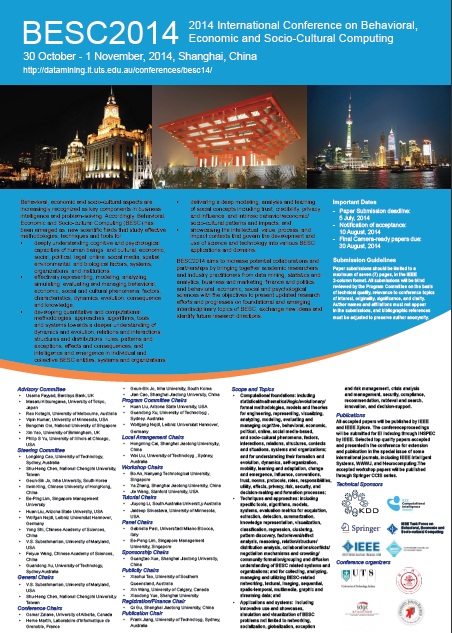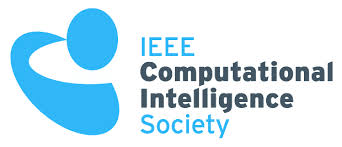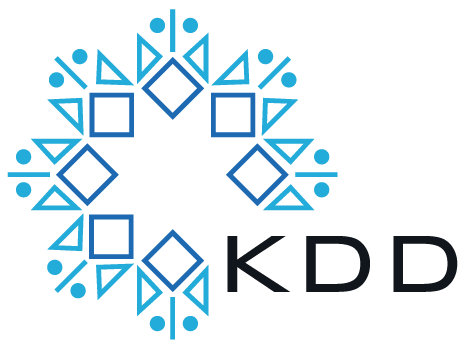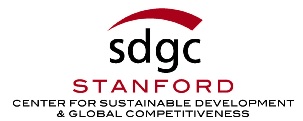Note: Submissions to a special session should be submitted by choosing the respective special session when you Submit a Paper to the main conference. Review will be coordinated by the special session chairs and final decisions will be made by the program co-chairs. Accepted special session submissions will be included into the main conference proceedings to be published by IEEE and included into the IEEE Xplore Digital Library. Top quality papers to special sessions may be recommended by the special session chairs for considerations to the special issues.
All special session paper submission here.
Special session: International Security and Data Mining (ISDM) track
We invite submissions high quality submission to the International Security and Data Mining track of BESC where the problems studied have a direct and stated application to at least one of the following domains: counter-terrorism, criminology, homeland security, cyber-security, weapons proliferation, and related areas. We are open to papers developing methods from a variety of sub-disciplines including social network analysis, game theory, data mining, geospatial reasoning, and others. We note that the same standards of quality, format, and paper submission specified for the BESC also apply for this special track.
The goal of this track is to bring together researchers in the areas previously defined as “behavioral, economic, and socio-cultural computing” who are specialize in applying computational methodologies to problems broadly defined above as “security.” While more theoretical works are welcome, such work must highlight a direct and clear application to the areas previously mentioned. Papers showcasing novel computational techniques that include both theoretical and experimental results are highly encouraged. Papers featuring case studies and deployed systems are also welcome, but such work must clearly identify interesting results as opposed to merely describing a system.
Chair: Paulo Shakarian, Arizona State University
Members:
Gerardo I. Simari, University of Oxford
Uwe Glasser, Simon Fraiser Univ.
Hasan Davulcu, Arizona State University
Roy Lindelauf, Netherlands Defense Academy
David Skillicorn, Queens University
Uffe Kock Wiil, University of Southern Denmark
Bo An, Nanyang Technological University
William Pulleyblank, West Point
Andrew Papachristos, Yale University
Massimiliano Albanese, George Mason University
Special session:Behavior, Economics & Big Data
Chair: Camelia Minoiu (International Monetary Fund)
Members:
Adrian Alter (International Monetary Fund)
Pietro Battiston (Sant’ Anna School of Advanced Studies)
Charlie Brummit (UC Davis)
Marco Duenas (Universidad Jorge Tadeo Lozano)
Omar Guerrero (Oxford University)
Regina Martinez (George Washington University)
Andreea Minca (Cornell University)
Rodrigo Miranda (Universidade de Brasilia and Banco Central do Brasil)
Tariq Roukny (Universite Libre de Bruxelles)
Serafin Martinez Jaramillo (Banco de Mexico)
Special session:Agent-based Computational Economics and Experimental Economics
This special session attempts to forge a discussion on the recent developments and the future directions of Agent-Based Computational Economics, in the light of advances in Experimental Economics. In particular, this calls for a greater attention to the design of artificial agents for which the findings from Experimental Economics might prove to be quite insightful.
Agent Based Modeling (ABM) has been steadily gaining more importance in the field of Economics and Finance. It is being viewed as an alternative approach to the conventional equation-based economic modeling, and as a useful methodology to investigate complex systems around us. In its early stages, developments in ABM paralleled those in Computational Intelligence, such as Zero-Intelligence Agents, Cellular Automata, Artificial Neural Networks, Fuzzy Logic, Swarm Intelligence, Genetic Algorithm, and Genetic Programming. It marked a truly interdisciplinary approach to social sciences, drawing insights from a variety of fields such as mathematics, biology, neuroscience, and computer science among others. Today, the development of ABM has reached a stage where the evidence concerning human decision making, largely arising from lab and filed experiments can no longer be neglected if it were to provide a formidable alternative. Among the factors affecting human decision making, cognitive capacity, personality, culture, emotion and social preference are well recognized and documented. However, integrating these attributes within the existing models of artificial agents is far from being trivial.
Why and what human characteristics should be incorporated while designing of artificial agents? How would incorporating these human-like factors into ABM enhance our understanding of the complex social systems? What should be the selection criterion? What are the potential issues in integrating them into existing models of interacting agents? How can we formally translate these diverse, cross-disciplinary notions coherently into the framework of ABM? What are the technical, philosophical and epistemological conundrums that this might entail? These are some of the questions that we aim to address in the special session.
Invited research areas include, but is not limited to, Computational Behavioral Economics, Computational Economics, Experimental Economics, Behavioral Game Theory, Agent-Based Simulation, Bounded Rationality, Social Networks, Computational Psychology.
Chair: Ying-Fang Kao (National Chengchi University, Taiwan)
Members:
Shu-Heng Chen (AI-Econ Research Center, Department of Economics, National Chengchi University, Taiwan)
Bin-Tzong Chie (Tamkang University, Taiwan)
Ye-Rong Du (AI-Econ Research Center, Department of Economics, National Chengchi University, Taiwan)
Chung-Ching Tai (Tunghai Uuniversity, Taiwan)
Zhang Tong (Southwestern University of Finance and Economics, China)
Ragupathy Venkatachalam (Centre for Development Studies, India)









